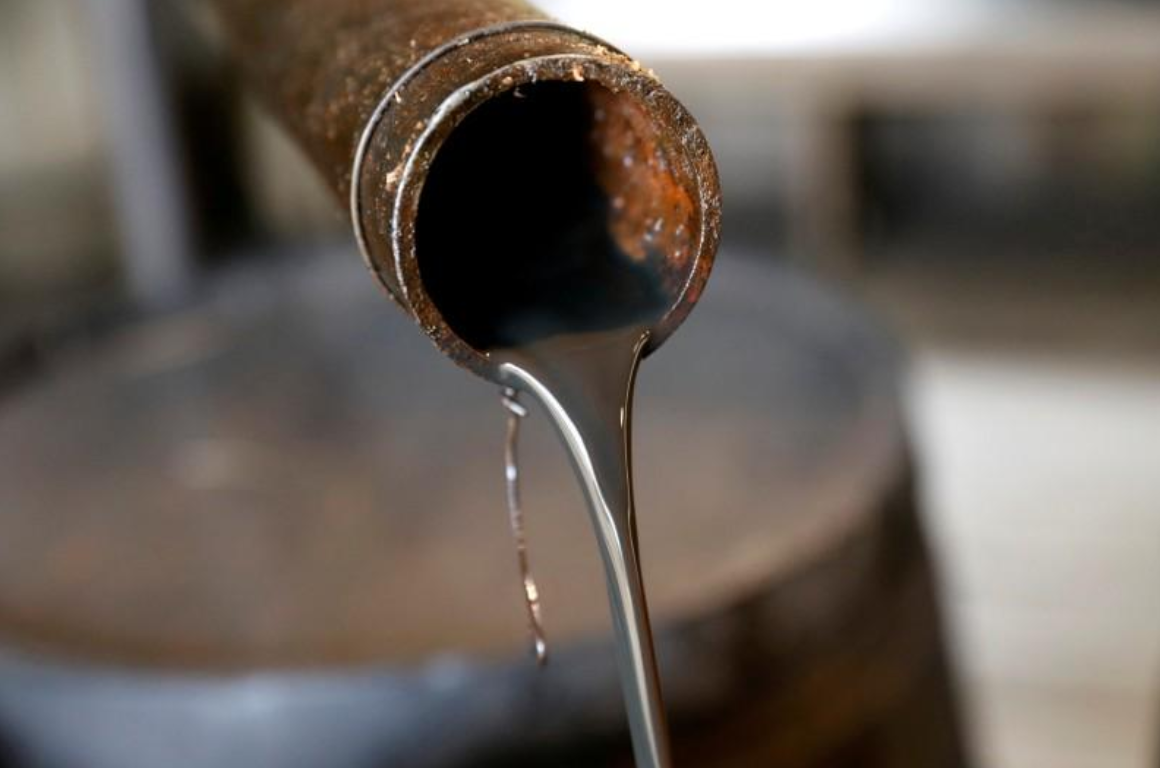The petroleum minister met with the electricity minister Sunday to discuss alternatives for operating power plants with the available fuel. Petroleum Minister Osama Kamal had previously threatened to cut off fuel from the Electricity Ministry if it does not pay its LE50 billion in debt to the Petroleum Ministry.
The country has experienced an energy crisis for nearly two years, because the petroleum sector is not profiting from the sale of its petroleum products, of which it imports nearly 60 percent.
Petroleum products are sold on the domestic market at less than their cost, while global prices are increasing, causing an annual increase in energy subsidies, especially as a result of the differences in cost and sale prices.
The sector also suffers from fuel being smuggled from warehouses and gas stations to be sold on the black market, which decreases the amount of fuel available.
The fuel shortage leads to the weak performance of power plants, which produce 90 percent of Egypt’s electricity needs — especially because they depend mainly on natural gas, fuel oil and diesel to improve the quality of power generated.
Kamal had told privately owned daily newspaper Al-Watan last week that the Electricity Ministry gets LE1.2 billion worth of fuel from the petroleum sector each month, but only pays LE200 million. The rest of the money is left for the Petroleum Ministry to come up with to meet citizens’ needs and prevent power cuts, especially in the summer, during which energy consumption is higher because people use cooling appliances.
“The petroleum sector will not be able to afford the [expenses of] the Electricity Ministry or any other sector in the upcoming period,” Kamal said. “If these debts were not scheduled in accordance with the prime minister’s directions, we will not support the electricity with natural gas, and it will be completely cut off.”
The Cabinet decided to hold an urgent meeting with the finance minister to discuss the ministries’ debts, and find the necessary resources to fund fuel imports for power plants, especially because the amount of debt the two ministries owe to different state bodies is increasing.
Kamal and Electricity Minister Ahmed Imam agreed to form a joint technical working group of experts from the two ministries to examine the daily operation of electricity and natural gas networks, with the help of specialists from the electricity control center.
Predictions suggest the amount of energy subsidies in this year’s budget has reached LE200 billion, after it had been decided to only amount to LE80 billion — an problem that could have dire consequences on the fuel and energy situation if the government is unable to provide funding before the end of the fiscal year in June, when pressure on electricity facilities increases with the start of summer.




